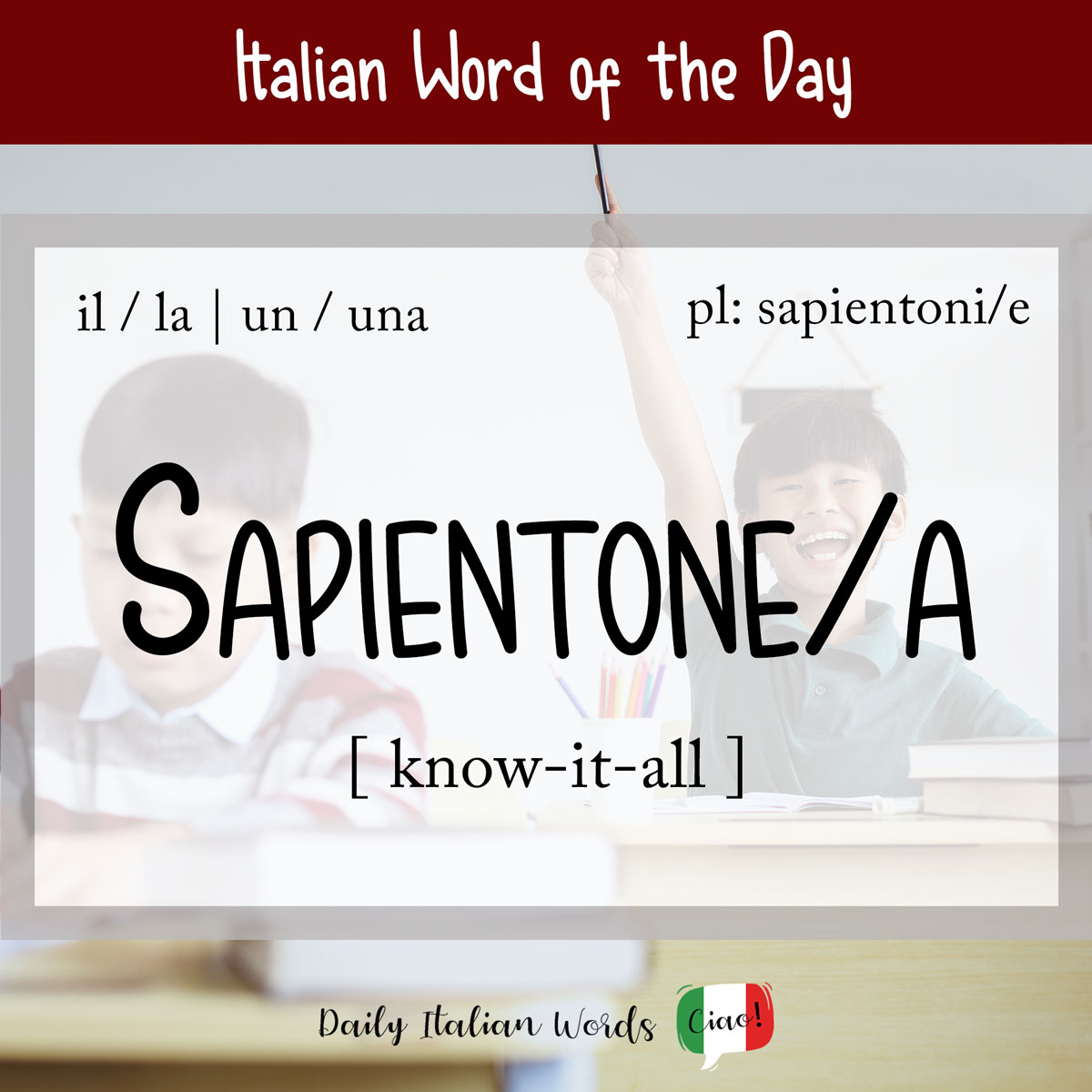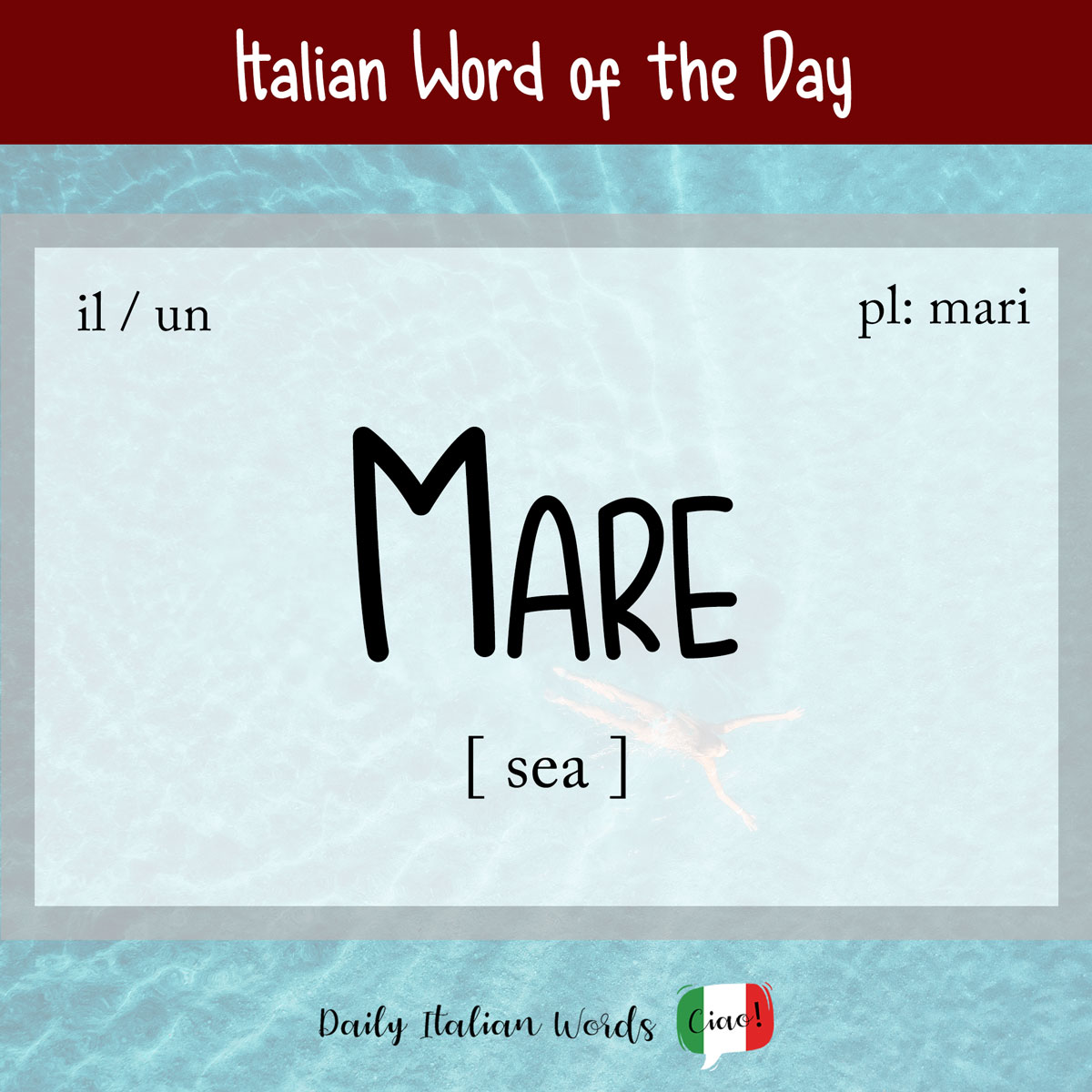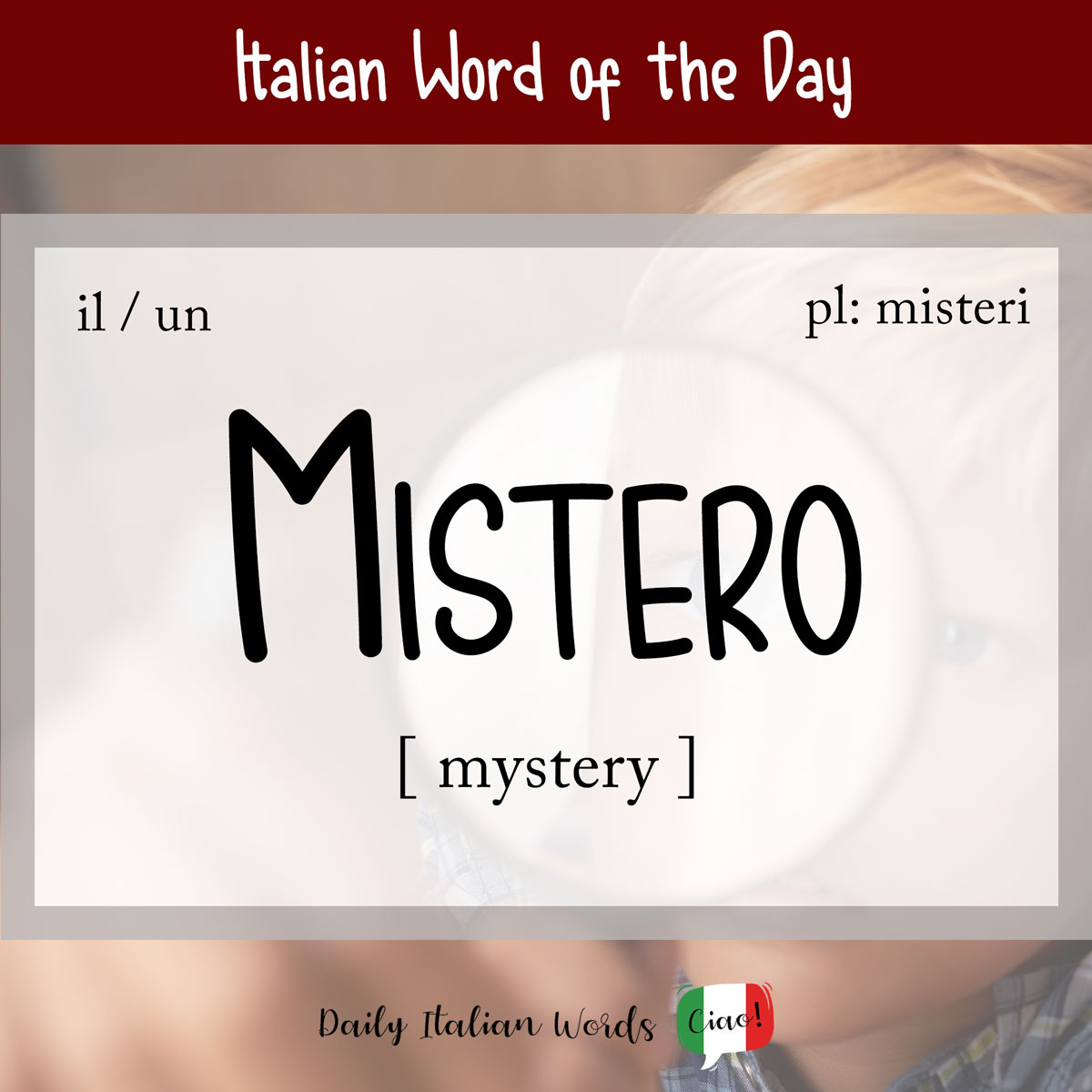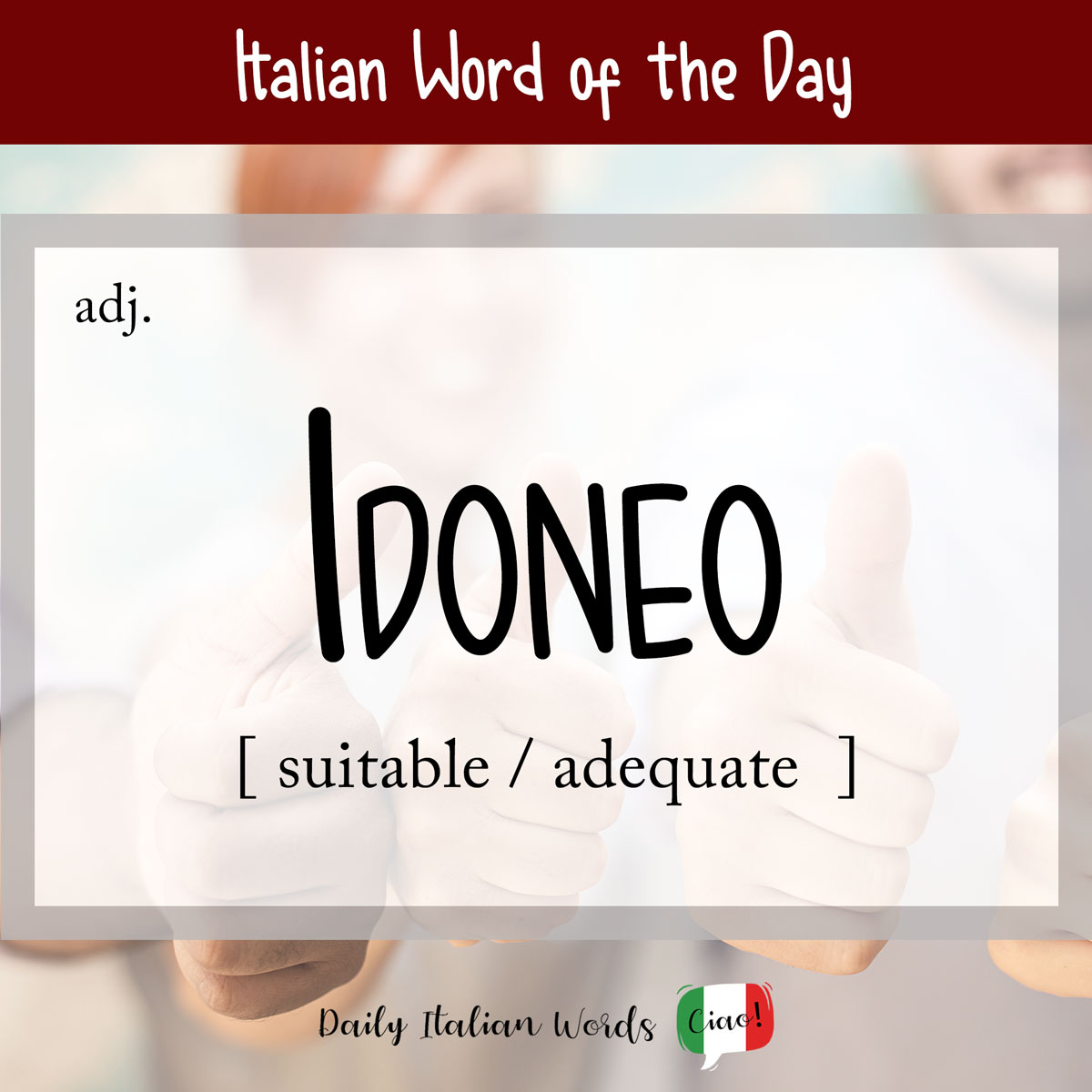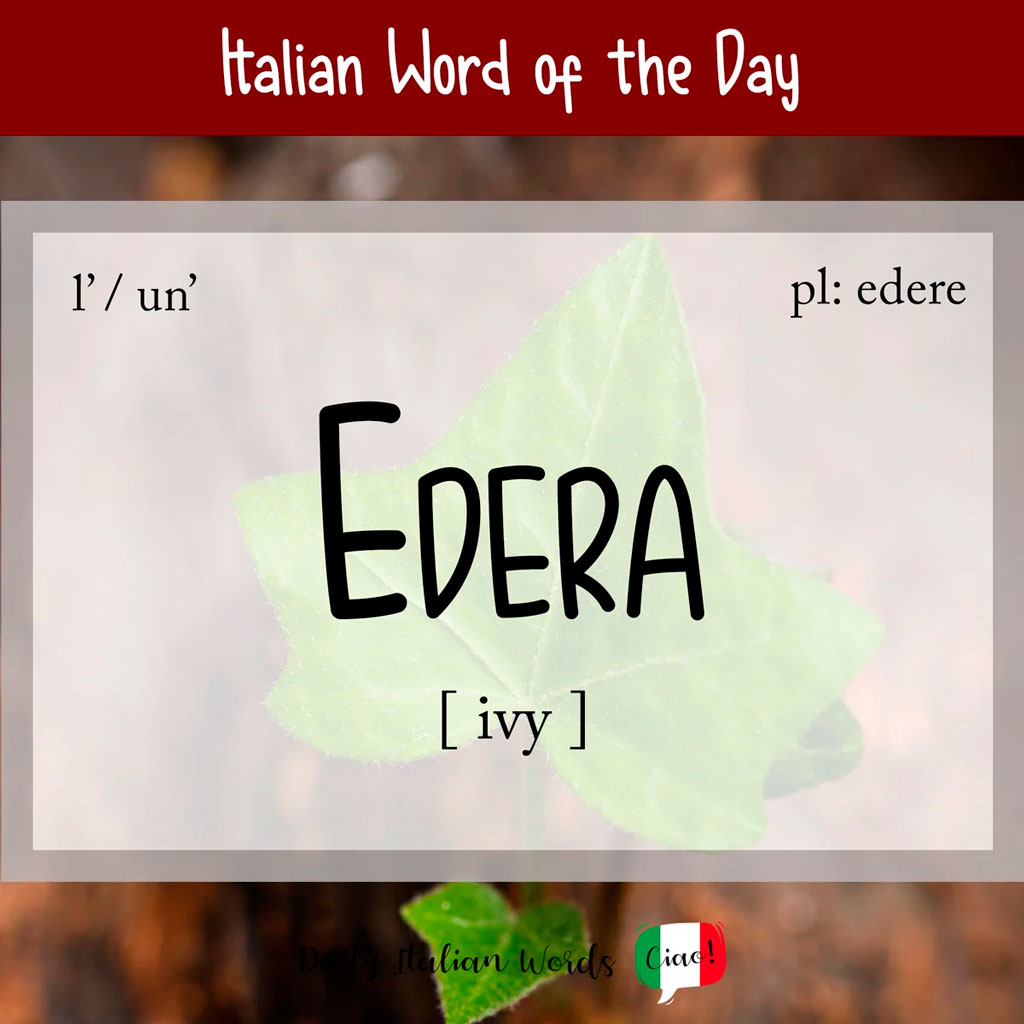Italian Word of the Day: Sapientone/a (know-it-all)
We all know that one person who acts as if he or she knows everything and dismisses the opinions, comments, or suggestions of others. In English, the best word to describe a person like this is know-it-all (or know-all) whereas in Italian, you’ll probably hear people using the terms sapientone (for a man) and sapientona …

